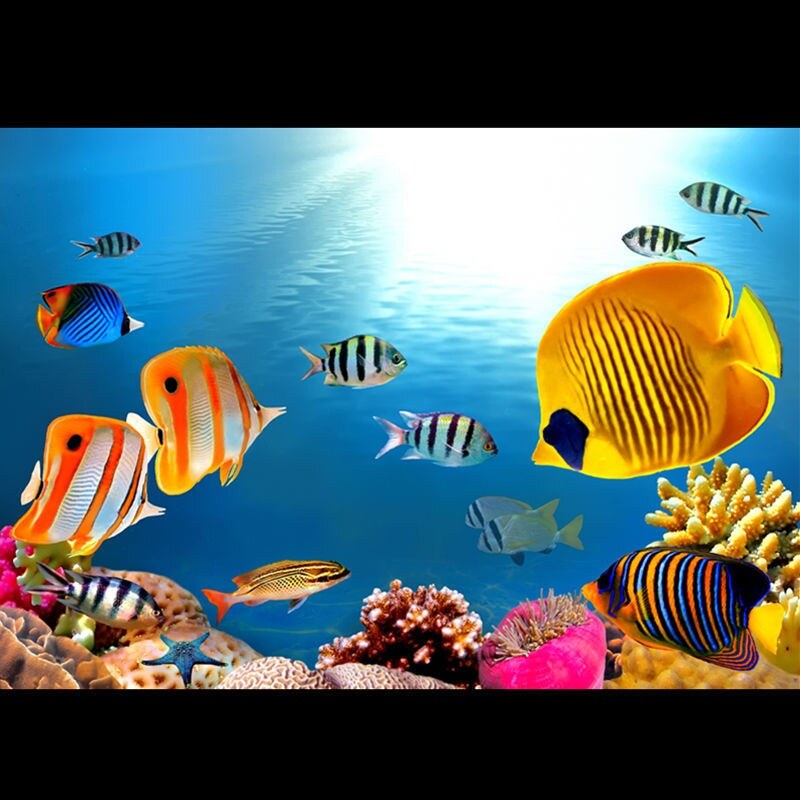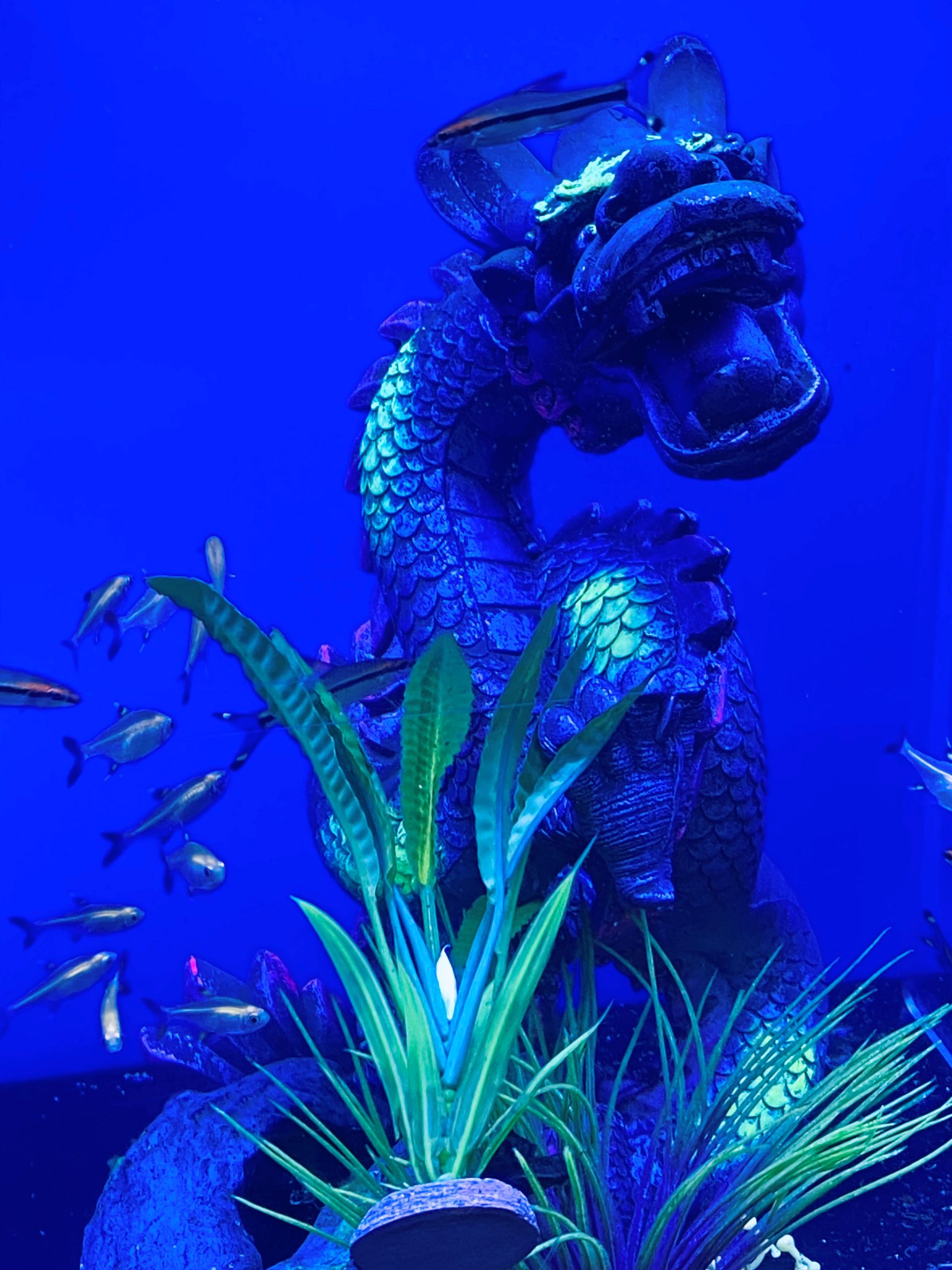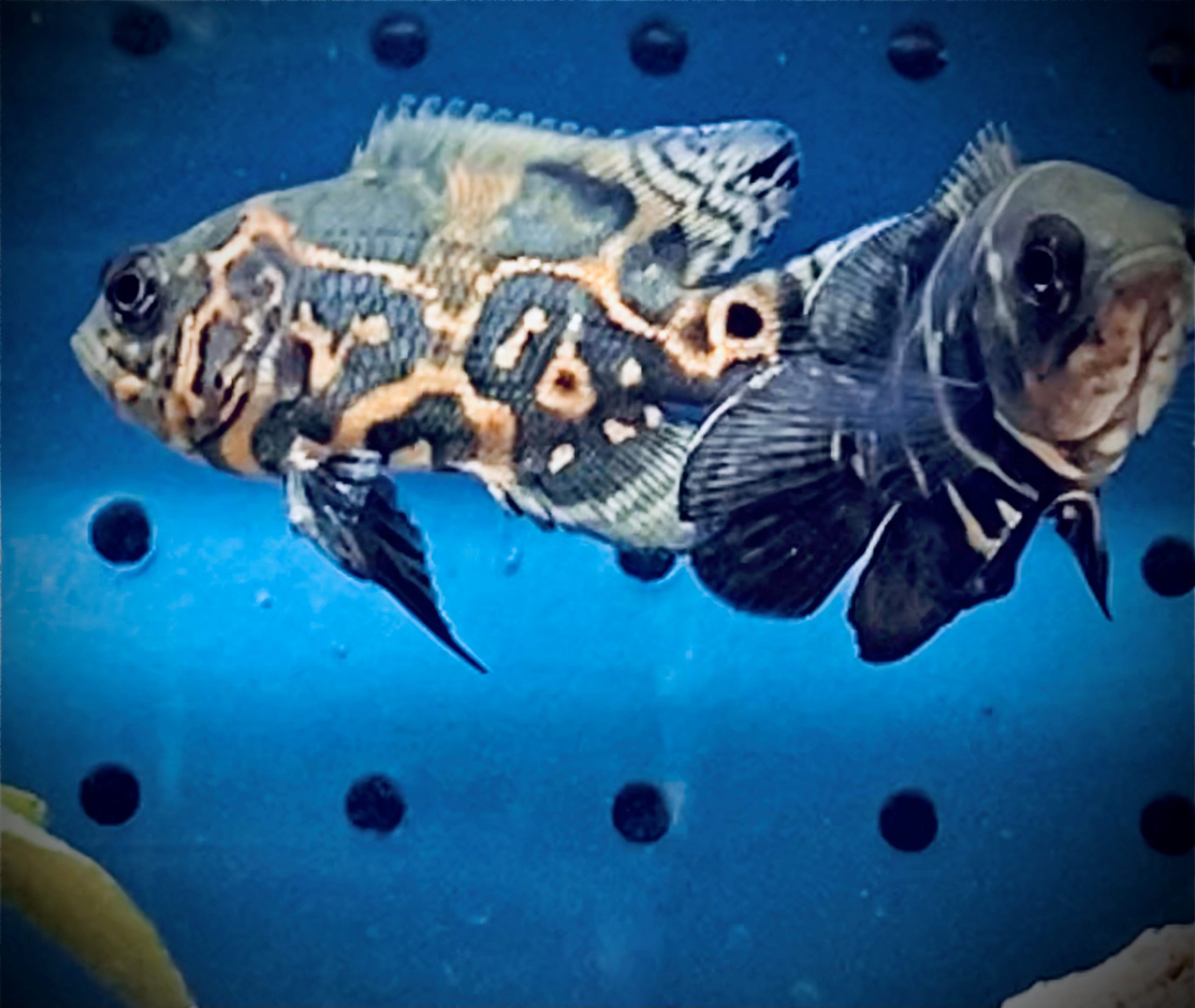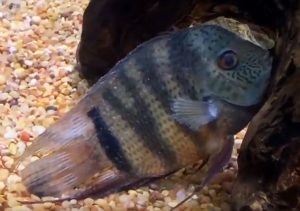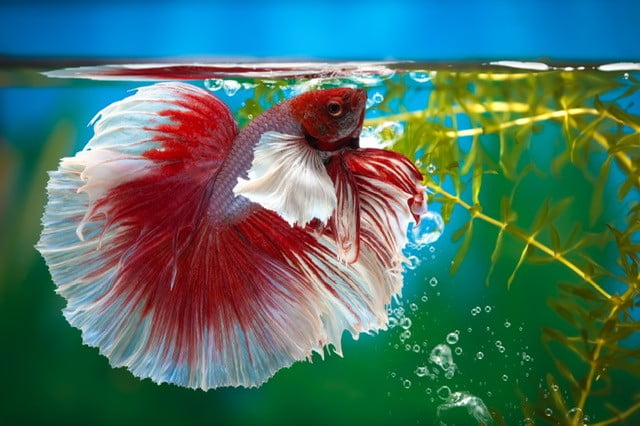By Ed Keene, DCAS
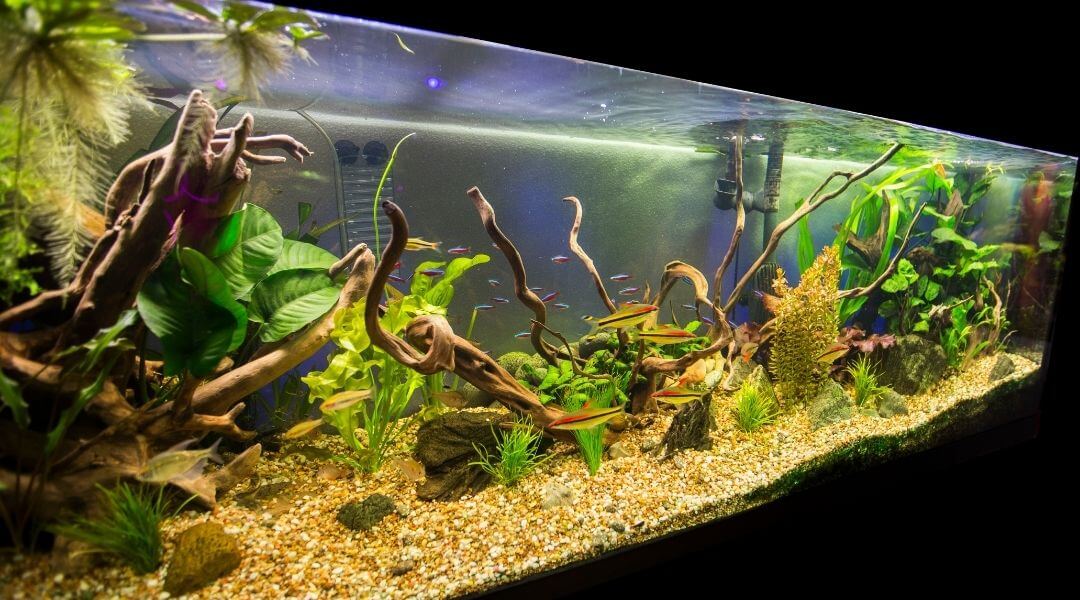
What Is Fish Stress
Just like human beings, most fish can withstand environmental conditions that differ but slightly from the natural conditions from whence they came and/or are accustomed to living under. This does not mean, however, that they will be as healthy nor that they will live their full normal life in your pond, that they may otherwise have lived in their natural environment. For example, keeping a fish in cooler or warmer water than it is used to forces its body organs to work harder to keep it alive and will stress your fish. Further into this article, I will discuss what causes stress in more detail citing additional examples.
Why Is Stress Bad for Your Fish
Stress reduces a fish’s immune system and its ability to ward off diseases and/or heal itself of minor cuts and abrasions. For example, if a parasite is somehow introduced into the aquarium, rather than the natural antibodies of a healthy fish defending it against the parasitic attacks, the parasite will claim victory over a stressed-out fish which is unable to protect itself. Not only will the parasite claim victory, unfortunately, it will often claim the life of your fish. Another example is that sometimes a fish might scrape itself against a rock or have a scare in your tank and end up with a flesh wound. The antibodies of a healthy fish will enable the wounds to heal, while a stressed-out fish tend to gradually get worse, eventually leading to its death. Additionally, stress will, in virtually all cases, reduce the ability of a fish to breed successfully and shortens its natural life span. A small amount of stress by itself is seldom fatal; however, as stress levels continue to rise, the ability of a fish to cope with it plummets. One of the hobbyist’s goals in successfully keeping and maintaining a tank is to remove any and all stressors. If you are unable to remove stress completely, you must keep the stress levels to a bare minimum.
I will here remark however, that eliminating stress does not guarantee you a happy and healthy tank or fish. But it does greatly increase your chances. Many hobbyists will gladly tell you about how they have kept fish happy and healthy for very long periods of time and under very stressful conditions. These hobbyists may not realize they are sitting on a big-time disaster just waiting to happen. Down the road, don’t be surprised if the next story you hear from them is that one fish had a problem of known or possibly unknown origin, and died. Shortly thereafter, the same thing happened to another, then another, then another, and eventually all fish were lost. The important thing to remember is that by completely eliminating stress or by reducing stress to the minimum, you sharply increase the chances that a tank and the fish contained therein will stay nice and healthy.
What Causes Stress
There are many situations which can cause stress to your fish. A few of the most common causes are mentioned here. You should be aware of the type of stress that already exist in your aquarium.
Temperatures: They will be less stressed if provided with stable temperatures. Various fish from different parts of the world will need different temperatures and tank conditions. Do your research. It is best not to mix African fish with Asian. Their needs are different.
Sizes: It is unwise to mix large fish with small ones, lest the little ones become prey to the big ones. Also, when mixing different types of fish, it is important to mix those which are good tank mates. Lest they chase others to the brink and some end up on the floor, outside the tank.
Sudden noises, visitors tapping on the tank, children dumping food into the tank, lack of care, and other things that are unsettling to the fish. Hammering or the slamming of doors is another noise that will startle the fish. These are stressors that we can easily overlook, but the fish will know about.
Luckily, a lot of beginner tropical fish are adaptable to acid or alkaline water conditions. What stresses the fish most is fluctuations in water parameters (pH up and down) by unknowing hobbyists. They may be okay with pH going up, but not happy at all when pH suddenly drops down. The day to day routine fluctuations are normal, but a pH crash would kill them.
Make sure to have additional fish which are school fish. Being isolated in a tank is stressful to these fish. They need others around them, like Neon tetras and Zebras.
The amount of physical space required for a fish depends on its expected full-grown size for that species of fish. Some types of fish do just fine in a 10-gallon aquarium while large ocean fish might require a 1,000-gallon aquarium. Keeping a fish in an aquarium that is too small increases the level of stress and inhibits development on the fish.
Next Month, Fish Stress Part II

